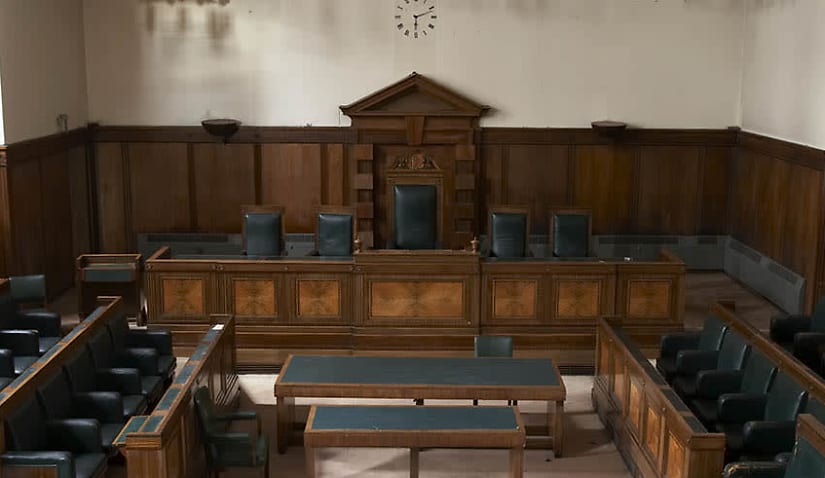There has been a marked rise in human rights-based proceedings being brought around the world. Given the impact of such litigation thus far, it is worth exploring why this is the case and what may still be on the horizon.

Lawyers Weekly spoke with Lucy Maxwell, co-director of the Climate Litigation Network in the United Kingdom and co-founder of the Rights Advocacy Project in Australia, to get insight into current trends in climate litigation and what the future may hold.
The use of human rights cases has increased, Ms Maxwell observed; there are about 100 rights-based climate cases across the globe, with more than a quarter of them having been filed since 2020.
“Human rights arguments against states are effective,” Ms Maxwell mused. “This is because there’s a well-established body of jurisprudence that cases can build upon — which exists in many countries at a national level, as well as at regional and international levels.
“Climate cases simply present a new scenario to apply well-established principles about states’ obligations to protect human rights.”
“Science plays a crucial role in climate cases,” Ms Maxwell continued. “Courts draw upon relevant scientific and legal materials, which includes the international climate law framework that states have agreed to, and the climate international climate science that they have signed up to, endorsed, and reviewed year after year in the form of IPCC reports.”
Governments are required to approve the summary of IPCC reports for policymakers, line by line, Ms Maxwell noted, so communities are using the knowledge that governments are aware of the science, risks, and needed mitigations efforts, and drawing from the well-established legal obligations governments have to protect populations within their jurisdiction.
In citing such evidence, populations can hold governments to account for what they have already committed to — which is “at the heart of climate cases against governments”, said Ms Maxwell.
Just transition litigation
The transition to net zero requires energy capture and supply to be newly created, which has led to communities being negatively affected by infrastructure that states are adopting to reduce emissions, explained Ms Maxwell.
Wind farms, and other kinds of technology, can pose issues for communities by impacting the land they inhabit, and litigation arises based on improper consultation. In these cases, procedural human rights are usually drawn upon.
While these applicants are mostly not opposed to climate action, they bring cases against states to protect their land and ensure the energy transition is done in a way that respects and protects the rights of all within the state, Ms Maxwell illuminated.
Where in the world?
Mitigation cases often seek to push mitigation efforts by states to prevent climate harms, meaning a lot of litigation focuses on the highest emitting countries, which are located in the Global North, Ms Maxwell outlined.
There is a large focus on the governments that are historically responsible and continue to emit huge amounts per capita, she explained.
There is also an increasing amount of litigation in the Global South, Ms Maxwell noted; the first case to establish that a government had a duty to protect its people from the harms of climate change through adaptation was made in the local High Court in Pakistan.
Future trends
“National courts around the world have indicated that human rights provide a clear legal basis for states’ obligations to act on climate change,” Ms Maxwell observed, meaning there’s likely to be a continuation of “scrutiny in how states are achieving their mitigation targets, and whether they’re relying on risky amounts of carbon dioxide removal.
“We’re going to see many more communities around the world using human rights arguments to ensure that their governments protect them through adaptation measures,” she added.